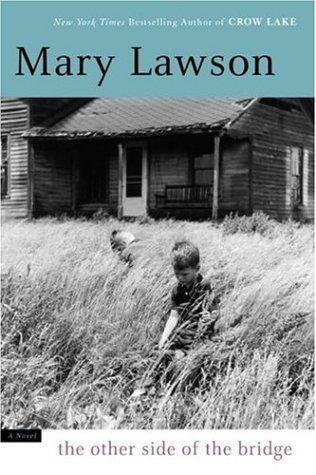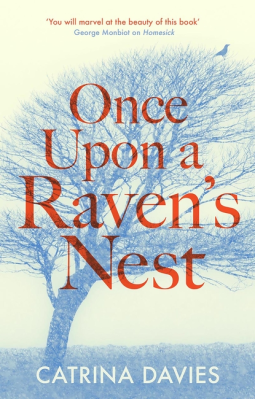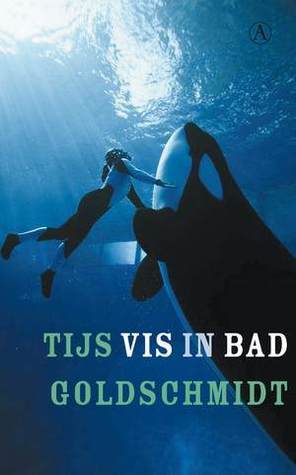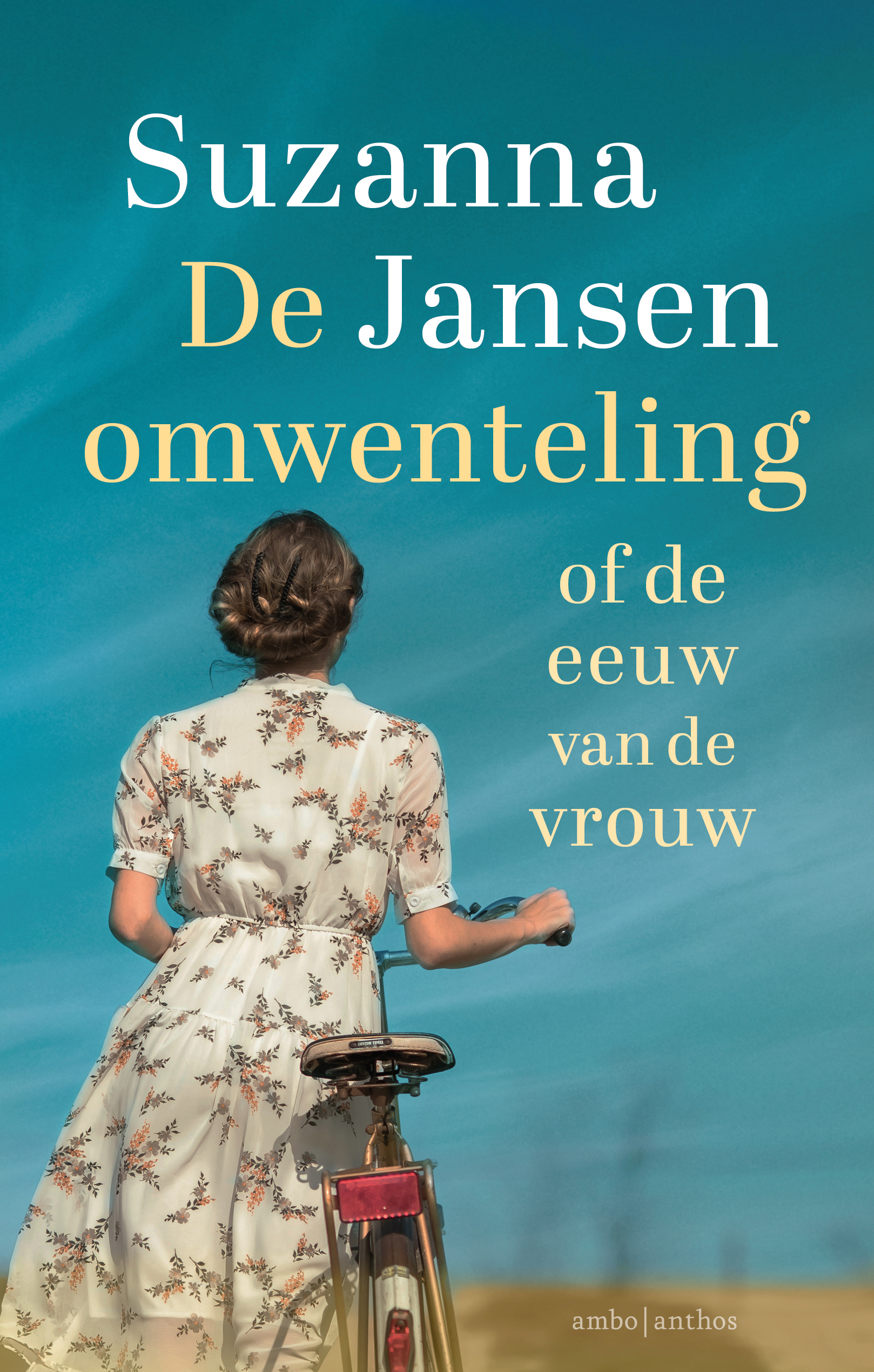Prachtig geschreven interessante en prikkelende essays
4 stars
Essays zijn niet mijn lievelings-literatuurvorm. Ze zijn kort, en ik hou niet van korte verhalen, en ze hebben vaak iets geknutseld. Echter, Tijs Goldschmidt heeft de P.C. Hooft-prijs gewonnen, ik wilde sowieso iets van hem lezen, en hij schrijft essays. Uit alle boeken van hem in de (digitale) bibliotheek lijkt Vis in Bad mij het meest interessant. En, inderdaad, was het een leuk boek. Natuurlijk een gemengde ervaring. 'The Flying Panty' vond ik niks en 'Hot Spot' nog minder. Het laatste hoofdstuk, 'Het gen van de ziel', vond ik erg mooi en overtuigend geschreven. Ik ben zelf geen atheïst en toch vond het overtuigend! Hij maakte wel een of twee logische fouten in zijn denken, bijvoorbeeld dat verwondering over het feit dat alle soorten op aarde van één gezamenlijke voorouder afstammen, iets is wat alleen atheïsten zouden kunnen voelen. Tussen die hoofdstukken in zijn er veel prachtig geschreven interessante en …
Essays zijn niet mijn lievelings-literatuurvorm. Ze zijn kort, en ik hou niet van korte verhalen, en ze hebben vaak iets geknutseld. Echter, Tijs Goldschmidt heeft de P.C. Hooft-prijs gewonnen, ik wilde sowieso iets van hem lezen, en hij schrijft essays. Uit alle boeken van hem in de (digitale) bibliotheek lijkt Vis in Bad mij het meest interessant. En, inderdaad, was het een leuk boek. Natuurlijk een gemengde ervaring. 'The Flying Panty' vond ik niks en 'Hot Spot' nog minder. Het laatste hoofdstuk, 'Het gen van de ziel', vond ik erg mooi en overtuigend geschreven. Ik ben zelf geen atheïst en toch vond het overtuigend! Hij maakte wel een of twee logische fouten in zijn denken, bijvoorbeeld dat verwondering over het feit dat alle soorten op aarde van één gezamenlijke voorouder afstammen, iets is wat alleen atheïsten zouden kunnen voelen. Tussen die hoofdstukken in zijn er veel prachtig geschreven interessante en prikkelende essays. Een plezier om te lezen.










